The word “cannibalism” stirs up strong reactions. When it comes to Haiti, this term brings up deep-rooted myths tied to colonial racism. These false ideas have lingered for centuries, shaping how many people see Haitian culture and history.
It’s time to address these misconceptions. Not only do they distort reality, but they also fuel harmful stereotypes about Haitians. Understanding the link between these narratives and colonial history helps us break down the stigma of cannibalism in Haiti.
Historical Context of Cannibalism in Haiti
To understand the myths, we need to look at history. Early European explorers and colonizers wrote about cannibalism in the Caribbean. Many of these stories were either exaggerated or completely made up to justify their actions.
Colonizers ignored the rich cultural practices of the indigenous people. Instead, they focused on wild tales of “savagery” to paint a darker picture of Haiti.
The indigenous groups had spiritual rituals and beliefs that colonizers misunderstood. These traditions were often twisted to create a false image of Haiti as a land of barbarism instead of a place with a rich cultural heritage.
Colonialism’s Role in Shaping Myths
Colonial powers played a big part in how Haiti was seen around the world. They portrayed the island as dangerous, using cannibalism myths to scare others.
Books, plays, and early media from this time depicted Haitians as violent and primitive. These false images didn’t just stay in stories—they shaped how the world saw Haiti for generations.
The result? Deep-rooted stereotypes that still impact how people treat Haitians today, both in Haiti and beyond.
The Haitian Revolution and Its Aftermath
The Haitian Revolution (1791–1804) was a huge turning point. It was the first successful slave revolt that led to independence from a colonial power. Haitians fought for their freedom, but the world didn’t see them as heroes.
Many in the West viewed the revolutionaries as threats rather than freedom fighters. After Haiti won its independence, the stigma grew. Myths of cannibalism were used to make Haiti’s victory seem less legitimate, framing the Haitian people as “uncivilized” despite their incredible achievements.
Cannibalism Myths in Popular Culture
Cannibalism myths aren’t just in old books. They’ve made their way into popular culture—movies, TV shows, and books that depict Haiti as a land of dark rituals and violent acts.
In many films, Haitians are shown as practitioners of Vodou, tied to cannibalistic practices. These portrayals are not only inaccurate, but they also reinforce harmful stereotypes. They strip away the truth of Haitian culture, focusing instead on sensationalized stories.
These images in media shape how people, especially those outside Haiti, view the country. It’s a simplified and unfair image that feeds into the same old stereotypes.
The Role of Race in Cannibalism Narratives
The link between race and cannibalism myths is clear. These stories have long been used to dehumanize Black people, casting them as “savage” or “violent.”
Colonial powers used these false tales to justify their oppression of Haiti. By framing the Haitian people as cannibals, they made it easier to deny their humanity and suppress their freedom.
Even today, these stories affect how people see Haiti. They create barriers to understanding the true beauty and complexity of Haitian culture, adding to the discrimination and stigma Haitians face.
Debunking the Myths: The Truth About Cannibalism in Haiti
Let’s be clear: there is little historical evidence to support claims of widespread cannibalism in Haiti. Most of these stories were exaggerated or completely fabricated.
Many cultural practices, especially those tied to Vodou, have been misunderstood and sensationalized. Vodou is rooted in spirituality and community, but Western portrayals have often twisted it into something dark and violent.
Haitian scholars and community leaders emphasize the need to understand these practices in context. Misrepresentations have harmed Haiti for generations, but by listening to the voices from within the country, we can begin to understand the truth.
The Modern Impact of Cannibalism Myths
Sadly, these old myths still affect modern Haitian society. False perceptions of Haiti influence tourism, politics, and even international relations.
Negative stereotypes can keep tourists from visiting, which hurts the economy. In politics, these myths continue to affect how other countries interact with Haiti, often leading to unfair treatment or policies.
The impact goes beyond economics and politics. It also affects mental health. Many Haitians face feelings of shame or isolation because of the stigma that surrounds their identity. The constant association with false narratives can take a heavy toll.
Cannibalism myths rooted in colonial racism have unfairly stained Haiti’s image for far too long. By unpacking the history of these narratives, we can begin to see the truth and celebrate the beauty and strength of Haitian culture.
Challenging these old myths is not just the job of Haitians—it’s everyone’s responsibility. Educate yourself, challenge stereotypes, and listen to authentic voices. Together, we can help Haiti reclaim its true story, free from the shadows of the past.


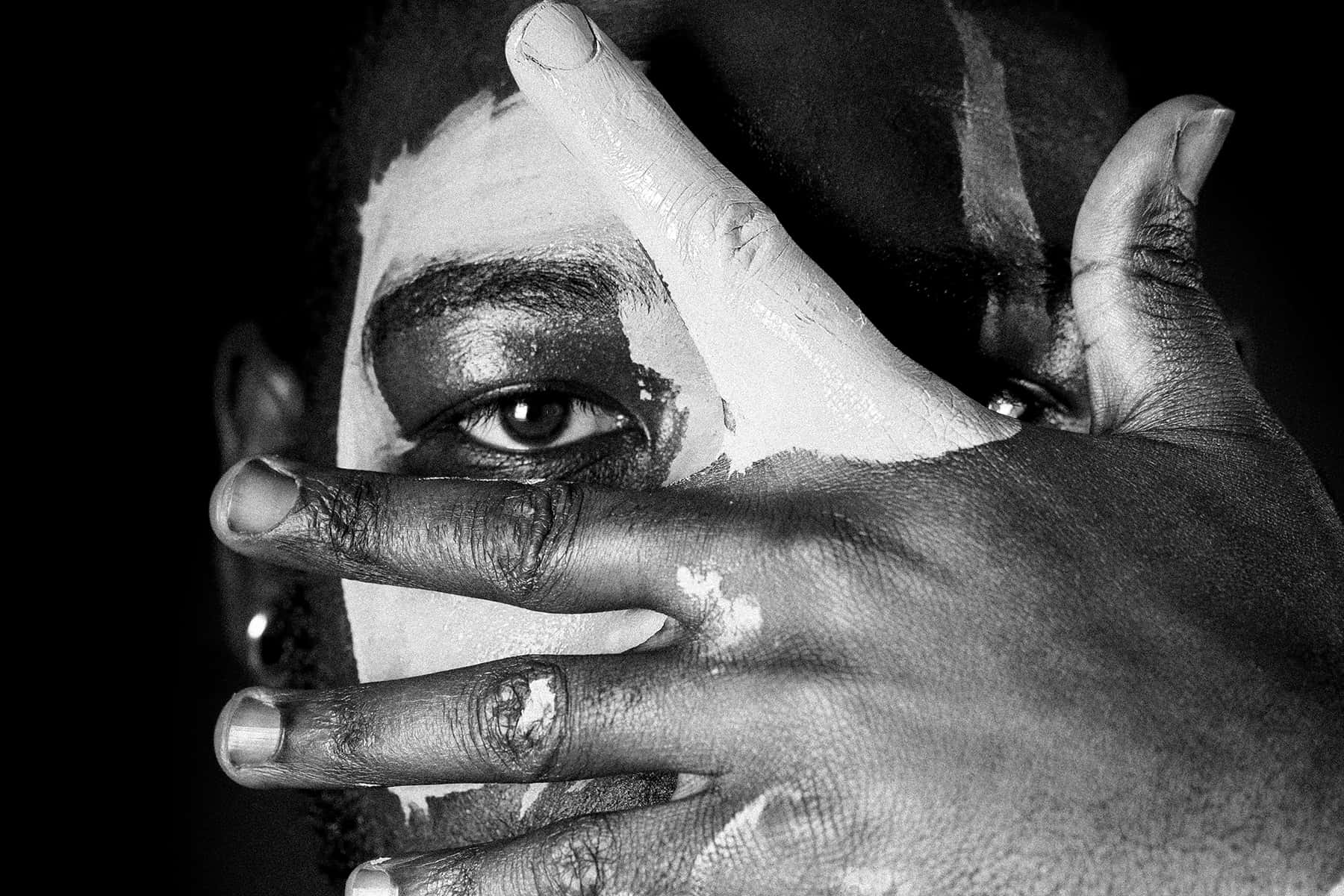

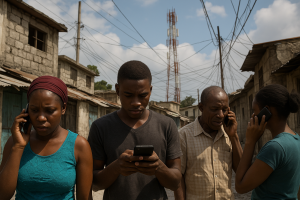

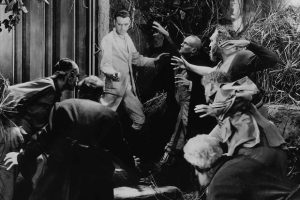

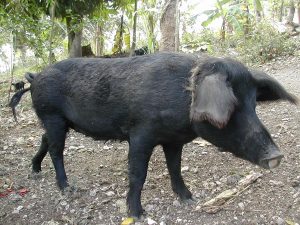

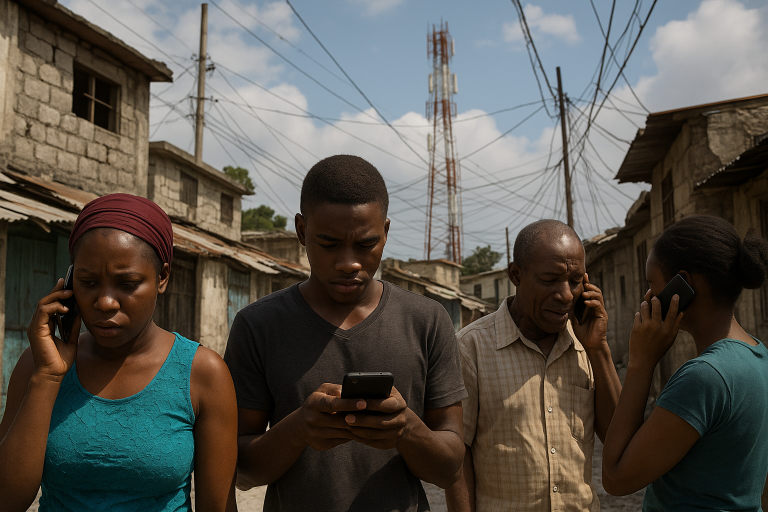

Add a comment